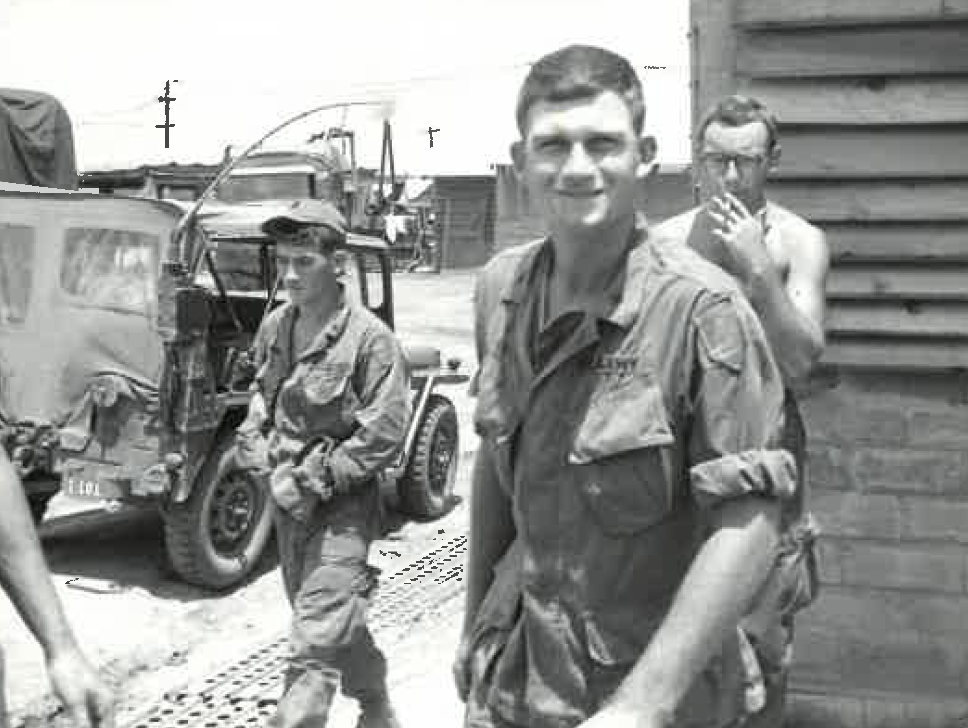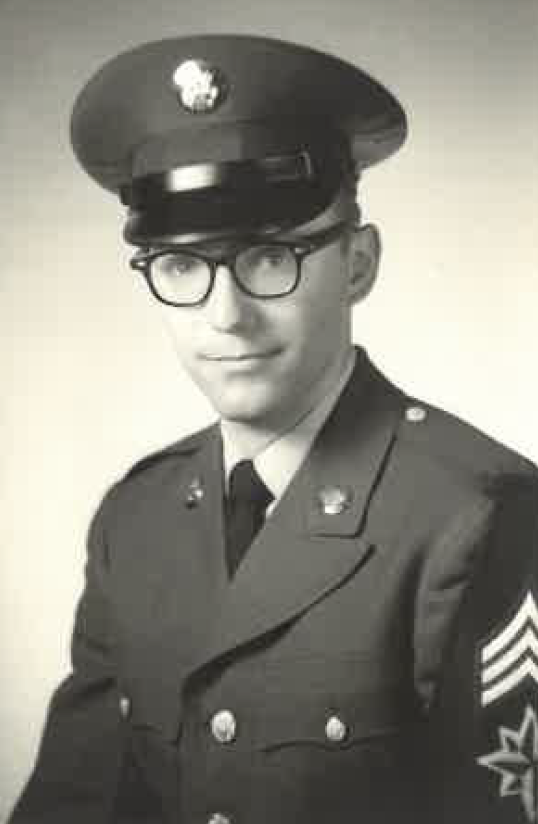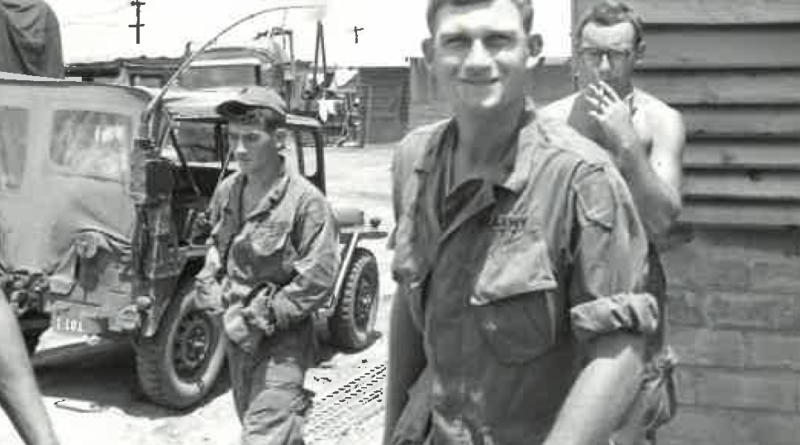A historical look: Maryville College grows concerned over Vietnam
Note: This article is part two of a two-part series on Maryville College during the Korean and Vietnam Wars. Written by Ted Higgs, adjunct professor of English, History, Italian and Latin here at the college, he examined old issues of The Highland Echo to gain a sense of what was going on at the college during the Korean and Vietnam wars.

In March of 1965, in a letter to the editor, Sue Foreman expressed her dissatisfaction at what she saw as a “lack of interest of the students … to the increasingly tense situation in Vietnam.” She asks, “What would be the reaction if we should one day hear the announcement that war has been declared?” What, indeed, yet by the time of this letter American forces had been fighting for several years in Vietnam.
This was, however, the year that large unit deployments began, and the campus response is indeed interesting. Whether her concern was justified, MC as an institution was definitely on the front lines in several respects, giving an honorary degree in 1965 to Secretary of State Dean Rusk, whose brother had graduated from the College in 1929.
In November of that same year, The Highland Echo sponsored a Vietnam Week; the capstone event was a discussion panel of faculty and students, whose purpose was “to promote a deeper campus understanding of the issues.” According to the histories, no conclusions were drawn either for or against. The Knoxville Journal, however, seized on the forum as protest and announced that “nearly 200 Maryville College students and faculty members expressed their opposition to United States involvement in Vietnam.”
Two members of the panel had indeed voiced concern about the war, but it was hardly a majority opinion. The Journal subsequently ran a front-page apology. Soon thereafter a petition was circulated on campus to be sent to President Johnson stating that while opposed to the principle of war the signatories understood that armed resistance was occasionally required even among peace-loving nations. The petition received over 450 signatures.

The Echo also published numerous letters from graduates then on duty, sharing their stories with the readership. Book drives were held to collect books to be sent to soldiers and sailors overseas. The students maintained a positive attitude but clearly wished the war would end.
In September of 1967, the staff of The Highland Echo stated their support of a recent appeal by U Thant, Secretary General of the United Nations, calling for a cessation to the bombing of the North and a political settlement. The students were ready for peace.
The concerns of the students paralleled the concerns of the nation at large. This was the first major conflict where there was daily news coverage. Reports of casualties and footage from war correspondents were on every newscast, and the protests against the war coupled with the rioting in the major cities cast a shadow over American society.
I’ve met several of our graduates who saw service during the Vietnam War, and we can indeed be proud. Many of their sons have served in the military and have come to our campus as student veterans themselves, and it has been my honor to have worked with them. They have much to tell us.

